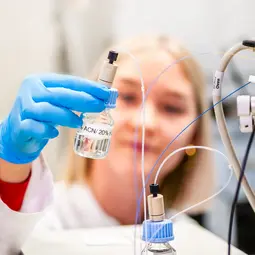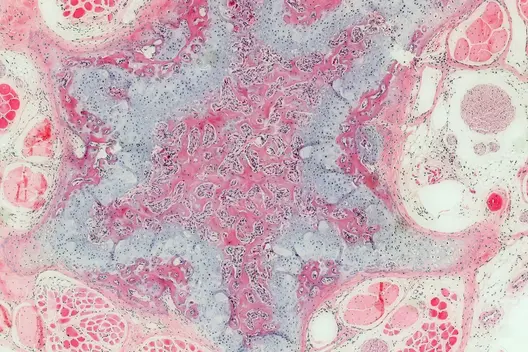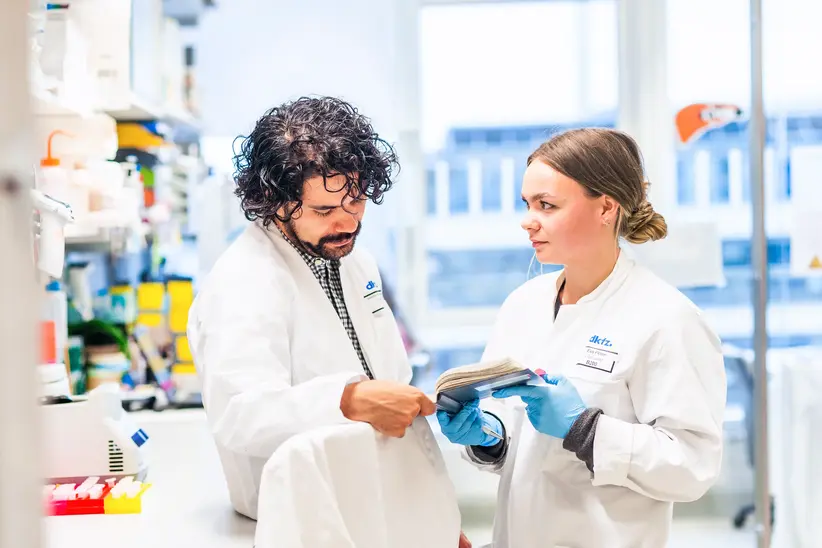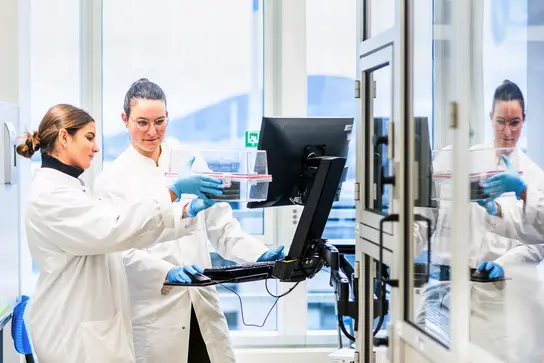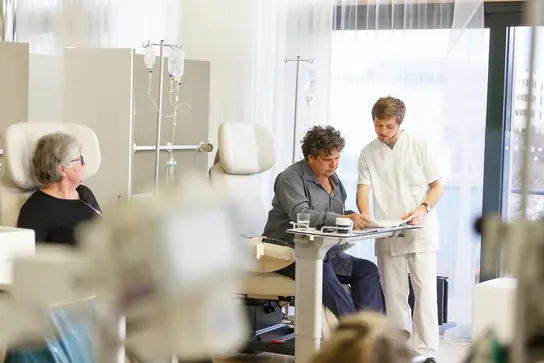Our Research
At the German Cancer Research Center (DKFZ), scientists are doing research in over 100 divisions, research groups and clinical cooperation units. These are assigned to five Research Programs which undergo a regular international assessment process.
